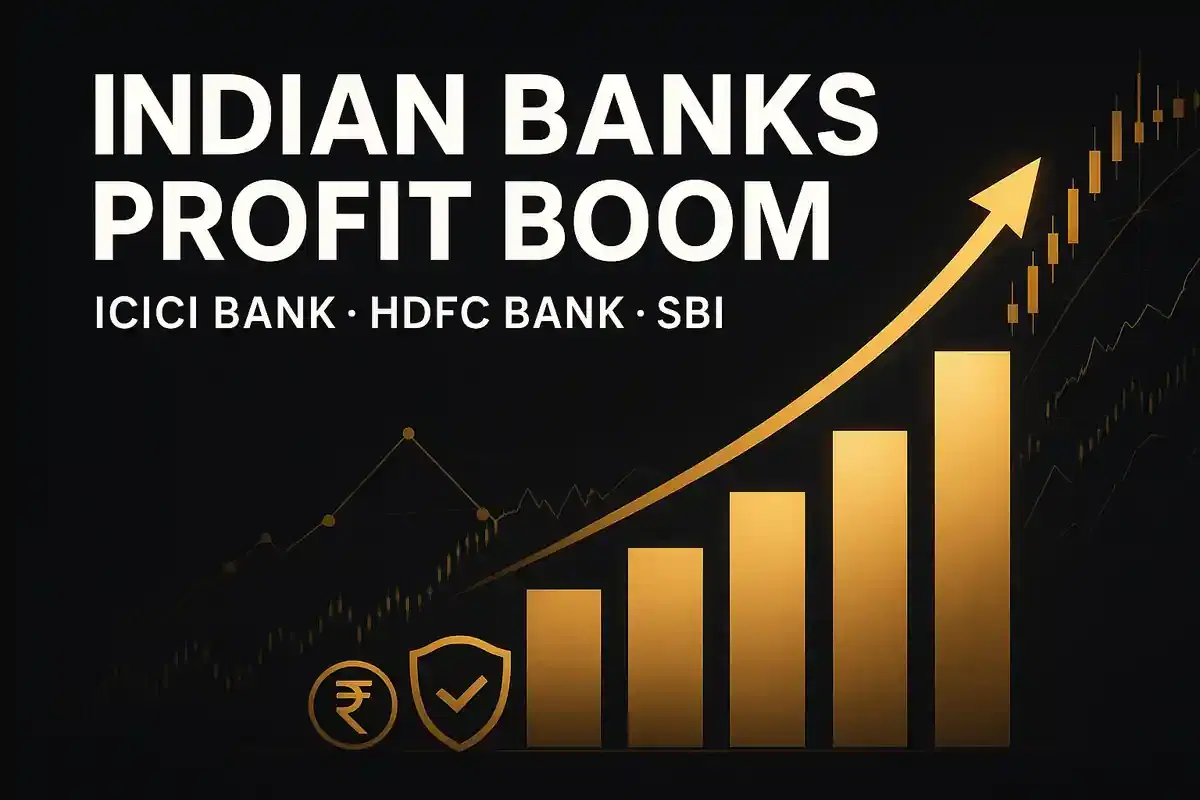Indian Banks Poised for Profitability Boost, S&P Global Market Intelligence Report Suggests
Banking/Finance
|
28th October 2025, 9:14 AM

▶
Stocks Mentioned :
Short Description :
Detailed Coverage :
S&P Global Market Intelligence has released a report indicating a brighter future for Indian banks, with profitability expected to rise in the fiscal year beginning April 1, 2026. This improvement is largely due to the anticipated stabilization and halt in the decline of net interest margins (NIMs), which are a key driver of bank profits.
The report specifically identifies ICICI Bank Ltd., HDFC Bank Ltd., and State Bank of India as offering significant potential upside for investors. ICICI Bank, in particular, was noted as having the third-highest implied upside among the top 20 Asia-Pacific banks by market capitalization as of October 3.
Several factors are contributing to this positive outlook. Government reforms, including the simplification of goods and services tax (GST) rules and tax rate reductions, are seen as catalysts for economic growth. Furthermore, the market anticipates that the Reserve Bank of India will likely reduce interest rates further, which can ease funding costs for banks.
The Reserve Bank of India recently maintained its benchmark repurchase rate at 5.5% but revised its GDP growth forecast upwards for the fiscal year ending March 31, 2026, to 6.8%. Despite these positive domestic trends, the central bank acknowledges potential risks from external trade-related headwinds.
Impact: This news is highly positive for the Indian banking sector. It suggests improved financial performance for major banks, potentially leading to increased investor confidence and higher stock valuations. The stability in margins and expected rate cuts are key positive catalysts. Rating: 8/10
Difficult Terms: Net Interest Margins (NIMs): The difference between the interest income generated by a bank and the interest paid out to its lenders, relative to its interest-earning assets. It's a key measure of a bank's profitability. Repurchase Rate: Also known as the repo rate, it is the rate at which the central bank (Reserve Bank of India) lends money to commercial banks. It is a key tool for monetary policy, influencing inflation and economic growth.